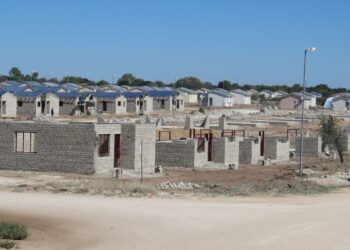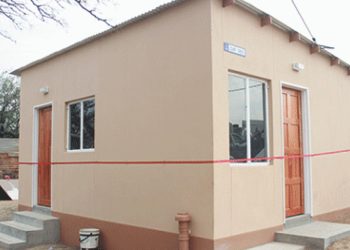
The Construction Industries Federation of Namibia (CIF) has reiterated its call for the establishment of a National Construction Council, citing ongoing concerns about fair competition and the prioritization of local businesses.
The federation argues that such a regulatory body is crucial for safeguarding the domestic construction sector, fostering fair competition, and prioritizing Namibian contractors in national infrastructure projects.
CIF CEO Bärbel Kirchner, highlighting the federation’s advocacy efforts since 2006, expressed frustration over the slow progress, despite its inclusion as a priority at the 2019 Namibia Investment Summit.
“The lack of a construction council is not just a missed opportunity for local businesses; it’s a threat to our national sovereignty. Each project awarded to foreign contractors is a loss for Namibia’s economy and workforce,†Kirchner said.
She argued that the absence of regulation has enabled foreign contractors to dominate major projects, such as the Ogongo-Oshakati pipeline and the Karibib-Usakos road rehabilitation. This, she said, has sidelined Namibian firms and deprived the local economy of critical resources.
“Namibia’s neighboring countries have long established regulatory bodies to oversee their construction industries. Without similar measures, we risk losing our competitive edge, and our construction sector will continue to decline. It’s time to act decisively to protect our future,†she warned.
Kirchner noted that a National Construction Council would require contractors to register and meet specific qualifications, effectively eliminating unqualified middlemen and ensuring fair competition.
The council would also promote local participation by prioritizing Namibian contractors in both public and private projects, ensuring they play a leading role in the country’s infrastructure development.
Additionally, the proposed council would enforce stringent quality and safety standards, align training programs with industry needs, and provide a comprehensive registry of all construction businesses for strategic planning and resource allocation.
“With large-scale infrastructure and green energy projects on the horizon, the construction sector is at a crossroads. The time to act is now. CIF remains steadfast in its commitment to advocate for this crucial reform, ensuring that Namibia’s construction industry reaches its full potential,†Kirchner said.











